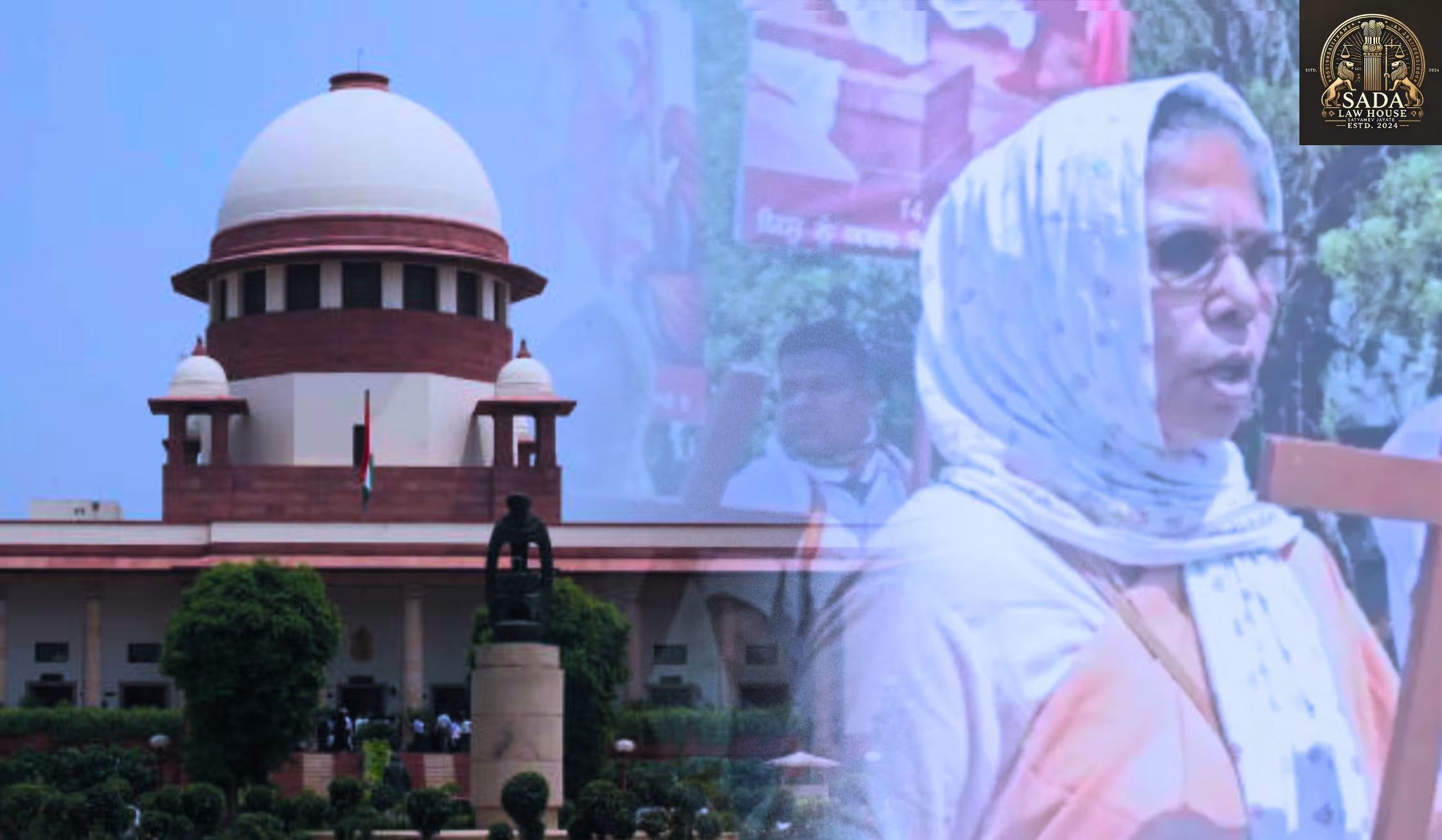Supreme Court Upholds TDS on Salaries of Christian Nuns and Priests, Dismisses Review Petitions
- MAHI SINHA
- 03 May 2025

The Supreme Court of India reaffirms the applicability of Tax Deducted at Source (TDS) on salaries paid to Christian nuns and priests in government-aided institutions, emphasizing uniform tax laws regardless of religious vows or income redirection.
Supreme Court Rejects Review Petitions on TDS for Religious Salaries
Background and Case Overview: In the landmark case Institute of the Fransican Missionaries of Mary and others v. Union of India, the Supreme Court of India has dismissed review petitions challenging the imposition of Tax Deducted at Source (TDS) on salaries paid to Catholic nuns and priests working in government-aided educational institutions.
On May 2, 2025, the bench comprising Justices Sanjiv Khanna, J.B. Pardiwala, and Manoj Misra found no grounds for review, reaffirming their earlier judgment from November 7, 2024. One of the petitions was withdrawn and subsequently dismissed, while all requests for an oral hearing were also denied.
Supreme Court’s Reasoning and Key Observations
The petitions challenged a Madras High Court ruling which had stated that TDS is applicable to the wages of nuns and missionaries. During the November 2024 hearing, Chief Justice D.Y. Chandrachud, along with Justices Pardiwala and Misra, made it clear that tax obligations apply uniformly:
“If a Hindu priest advises donating income to perform puja, and not keep it, it doesn’t exempt him from taxation. The same rule applies to others. The law must be consistent.”
The Court emphasized that the taxability is determined at the point of receipt, not based on how the funds are later used or to whom they are transferred. The salary, if credited to an individual’s name and recorded in the accounts, is liable for TDS, irrespective of whether the funds are ultimately retained or passed on to religious institutions like a Diocese or Congregation.
Counterarguments and Dismissal by the Bench
Senior Advocate Arvind Datar argued that nuns and priests, having taken vows of poverty and “experienced civil death” under Canon Law, are not liable to pay taxes and do not file income tax returns. He further cited an existing CBDT circular suggesting clergy were exempt from TDS.
However, the Court dismissed this view, reiterating that:
An individual, as per the Income Tax Act, is someone who can receive income, and clergy members do fall under this definition.
Not all receipts are taxable, but a receipt is taxable if it constitutes income, regardless of later donation or surrender.
Datar warned that the ruling would impact over 4,000 priests across India, but the bench held firm on the principle of equal application of tax law.
Madras High Court’s Judgment and Precedent
The Income Tax Department had filed appeals against a single bench ruling that favored religious organizations. That bench had accepted the argument that, due to vows of poverty and donation of income to the Church or Diocese, no income accrued personally to the nuns and priests, thus exempting them from TDS.
However, the Division Bench—comprising Justices C.V. Karthikeyan and Dr. Vineet Kothari—reversed this decision, stating that:
Salaries are earned in an individual capacity.
Donations made post-receipt represent application of income, not a diversion by overriding title.
Religious organizations cannot claim a privileged position in taxation.
They referenced the Kerala High Court ruling in Fr. Sabu P. Thomas v. Union of India, which clarified that the doctrine of diversion of income by overriding title did not apply here. For such a doctrine to hold, a legal obligation must require the direct diversion of income at the source to another party, without the individual having access or entitlement to it.
Final Takeaway: Uniform Application of Tax Laws
The High Court emphasized that the salary was credited to the clergy’s individual bank accounts and earned under employment contracts—with the State Government, not the Church. Therefore, the employment was legally secular, even if religiously motivated.
As per Section 192 of the Income Tax Act, religious beliefs do not influence TDS applicability. The ruling confirms that clergy members working in aided institutions are subject to the same tax rules as any other salaried employees in India.
Conclusion
This Supreme Court ruling has wide-reaching implications for tax compliance in religious institutions. It underlines the importance of uniform tax enforcement and clarifies that vows of poverty or religious devotion do not exempt individuals from legal financial obligations when income is earned.
Case Laws






